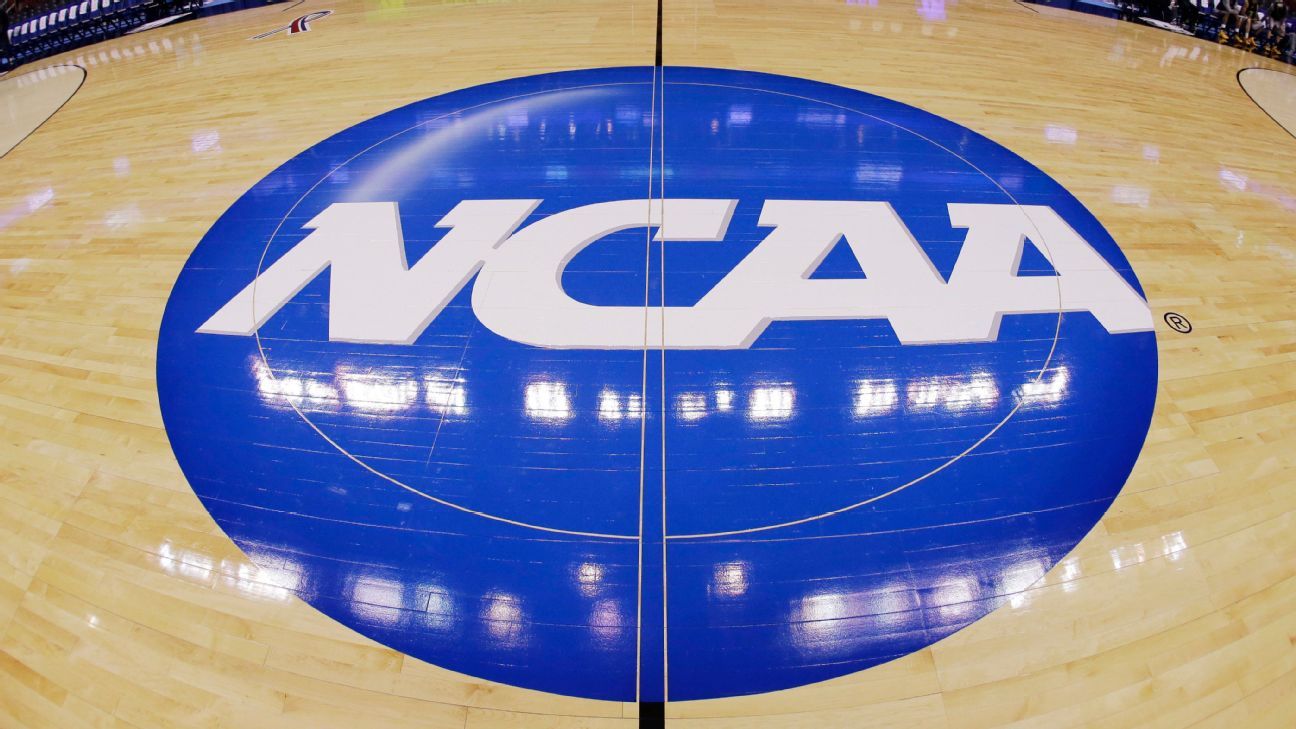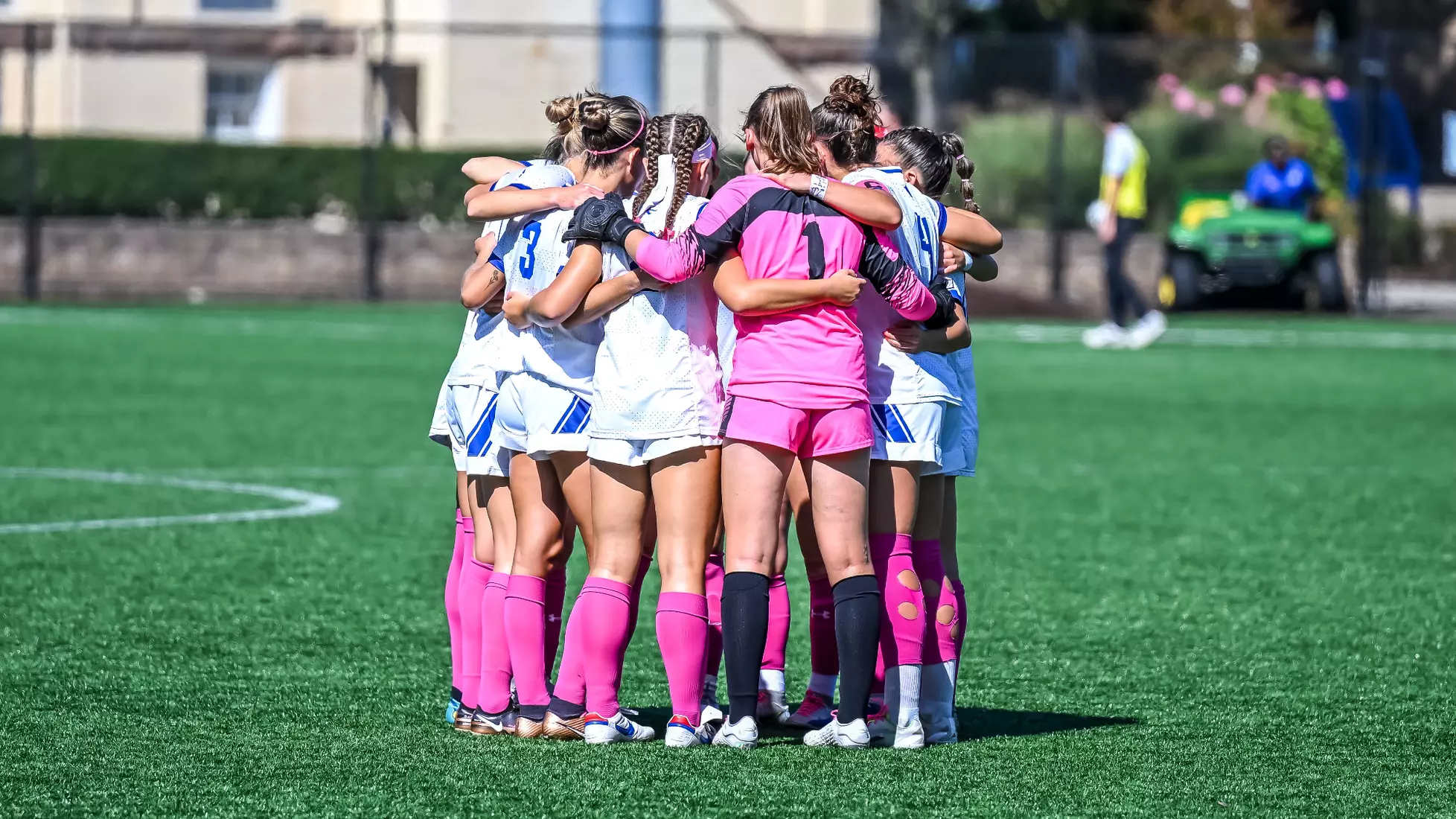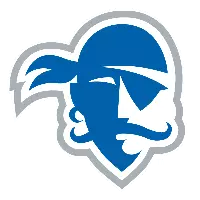House committee moves college athlete employment bill forward
- By Halldan1
- Pirate Hoops Chat
- 4 Replies

College athlete employment bill moves forward
A Congressional committee voted Thursday to move forward with a bill that would prevent college athletes from being deemed employees.
Dan Murphy, ESPN Staff Writer
A Congressional committee voted Thursday to move forward with a bill that would prevent college athletes from being deemed employees of their schools, conferences or the NCAA.
The vote in the U.S. House Committee on Education and the Workforce represents the first tangible signs of progress the college sports industry has made in its years-long push for a federal law to help reshape college sports. It comes just weeks after the NCAA and its power conferences announced they have agreed to share significantly more revenue with athletes as part of an antitrust lawsuit settlement.
The bill, introduced by Rep. Bob Good (R-Virginia) on the same day the antitrust settlement was announced, is in the early stages of the legislative process. It is likely to face opposition from Democrats in the Senate as well as legal challenges if it's passed.
The NCAA is currently a defendant in multiple ongoing court cases that argue college athletes should be granted the rights of employees. One case in federal court -- Johnson v. NCAA -- is seeking minimum wage and other workplace protection for college athletes. Two other active cases in front of the National Labor Relations Board are seeking to give college athletes the right to form unions and collectively bargain.
NCAA president Charlie Baker said earlier this week that he hoped the recent antitrust settlement, if it's approved by a judge, would provide the framework for a college sports model that allows schools to compensate their athletes without turning them into employees. Baker said he does not believe most college athletes want to be considered employees.
"A lot of the conversations I've had with people in Congress is: 'The reason we're interested in employment is because of the compensation question,'" Baker said earlier this week. "If the court blesses [the antitrust settlement], then it puts us in a position where we can go to Congress and say one of the three branches of the federal government blessed this as a model to create compensation without triggering employment."
The NCAA and power conferences have lobbied Congress for laws that would limit their legal liability and prevent athletes from being employees for the past several years. College sports leaders say these laws are necessary to preserve many teams and athletic departments that cannot afford to pay their athletes like workers. Both the NCAA and power conferences have publicly stated their support for Good's bill.
The bill is intended to be a narrow part of a broader package of federal legislation that guarantees more benefits for athletes in the future while preventing them from being employees. However, no partner bills that would guarantee athlete benefits have been introduced yet.
The Workforce and Education Committee voted 23-16 to move forward with the bill. All 23 votes in favor came from Republicans. All 16 votes against came from Democrats. The debate over whether Congress should weigh in on the college sports business model has been a partisan debate for the past several years.
Democrats in the House and Senate have previously co-sponsored bills that would have the exact opposite effect of Good's bill -- codifying college athletes' right to unionize. Those lawmakers and other advocates say athletes need the ability to bargain collectively to make sure they can negotiate for items such as improved medical care and a fair share of the money they generate for a multibillion-dollar industry.
Rep. Lori Trahan (D-Mass.) -- a former college volleyball player who has been an active participant in the Capitol Hill debate on the future of college sports -- said she will vote against Good's bill if it reaches the House floor.
"Once again, Republicans in Congress have decided to plow forward with legislation to limit the rights of college athletes with little to no input from athletes themselves," Trahan said in a statement after Thursday's vote.
If passed, Good's bill would stop the ongoing efforts of the NLRB and in the Johnson v. NCAA case to make athletes into employees. Paul McDonald, lead attorney for the plaintiffs in the Johnson case, said he believes the bill as written would violate federal equal protection laws. McDonald said it's against the law to prevent some college students from being employees while others in that category -- like cafeteria workers or teaching assistants -- are allowed to earn wages and unionize.
"If enacted, [the bill] would never survive judicial challenge. To wit, it is a waste of time," McDonald said in a statement provided to ESPN after Thursday's vote. "Dilatory tactics have consequences. The only thing accomplished by the NCAA in needlessly dragging out the recognition of college athletes as hourly employees like their fellow students is to significantly increase the cost of resolution borne by its membership."
In a news release issued prior to Thursday's vote, Good said his bill was aimed at making sure the tradition of college sports wasn't "ruined by reclassifying student athletes as employees."
"My legislation will help maintain a balance between athletics and academics, ensuring that college sports programs remain viable, beneficial, and enjoyable for all student athletes," he said.















